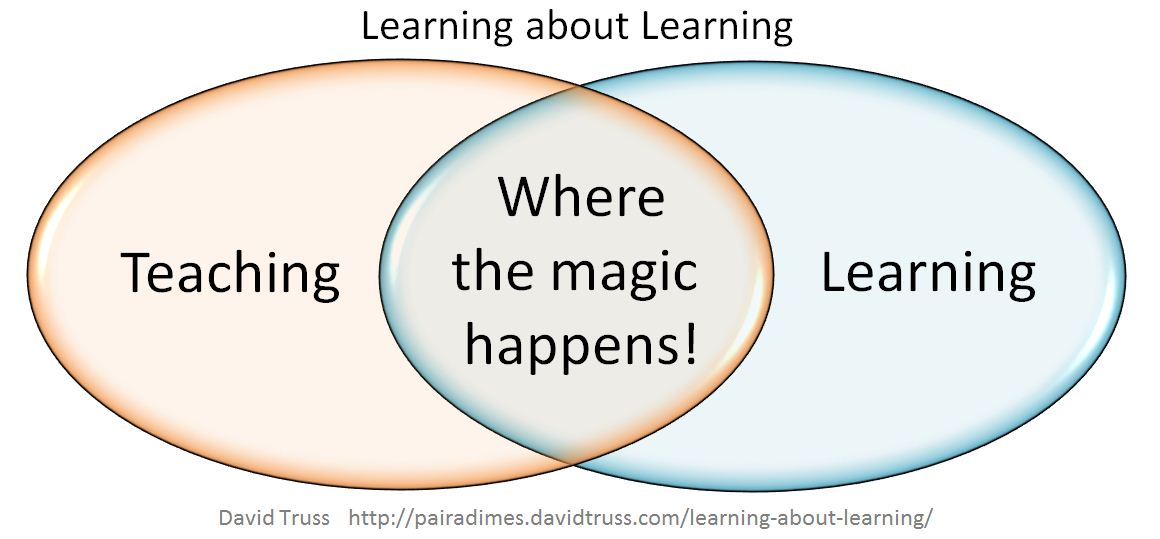[Professional Growth Plan ~ Domain 2: Instructional Leadership,
Standard 2 Leadership for Learning]
Domain 2: Instructional Leadership
The Instructional Leadership domain emphasizes the principal’s and vice principal’s role in improving the quality of teaching and learning for students.
Belief Statement:
Principals and vice principals play an integral role in creating and maintaining an environment that supports the intellectual, human, and social and career development of all students.
Standard 2: Leadership for Learning
Principals and vice principals foster the highest quality of teaching and learning opportunities to support student engagement, learning and
development.
• Application of Child, Adolescent and Adult Learning and Development
• Application of Principles of Learning
• Essentials of Brain-based Learning Research
• Teacher Expectations and Student Motivation, Engagement, Learning and Development
• Change Theory and Processes
• Parent Support for Student Learning
Evidence to support my development in meeting this standard:
- A comprehensive blog post where I look at some of the key ideas in this standard is Challenging the Status Quo. In this blog post I provide links to blog posts (both my own and that of other educational leaders) which I think go a long way to support student engagement, learning and development.
- In Learning about Learning I examine John Hattie’s Visible Learning and also a video by John Seely Brown on Entrepreneurial Learning.
- I developed a pyramid to represent Hargreaves and the 4th Way and I discuss Hargreaves idea of Responsibility before Accountability. “Professionals acting responsibly and holding themselves, and others, accountable in the interest of teaching and learning.“
- In Thinking About Change, I state: “I think we are at a point of transition now where teachers are often learning to use tools as they teach with them & so a few key things are needed to help foster effectiveness:
1. Time- Pro-D, preparation, planning & play
2. Co-teaching & collaboration opportunities
3. Models & Mentorship“ - Parents as Partners: “I firmly believe that “It takes a community to raise a child” and so without cooperation and communication between a school and their parent community, ‘we’ cannot fully support our children and their learning. That said, I often wonder about how we can more meaningfully engage parents in a way that they want to be engaged.”
- Parenting in the Digital Age presentations, which includes my presentation resources on the Raising Digital Kids wiki.

